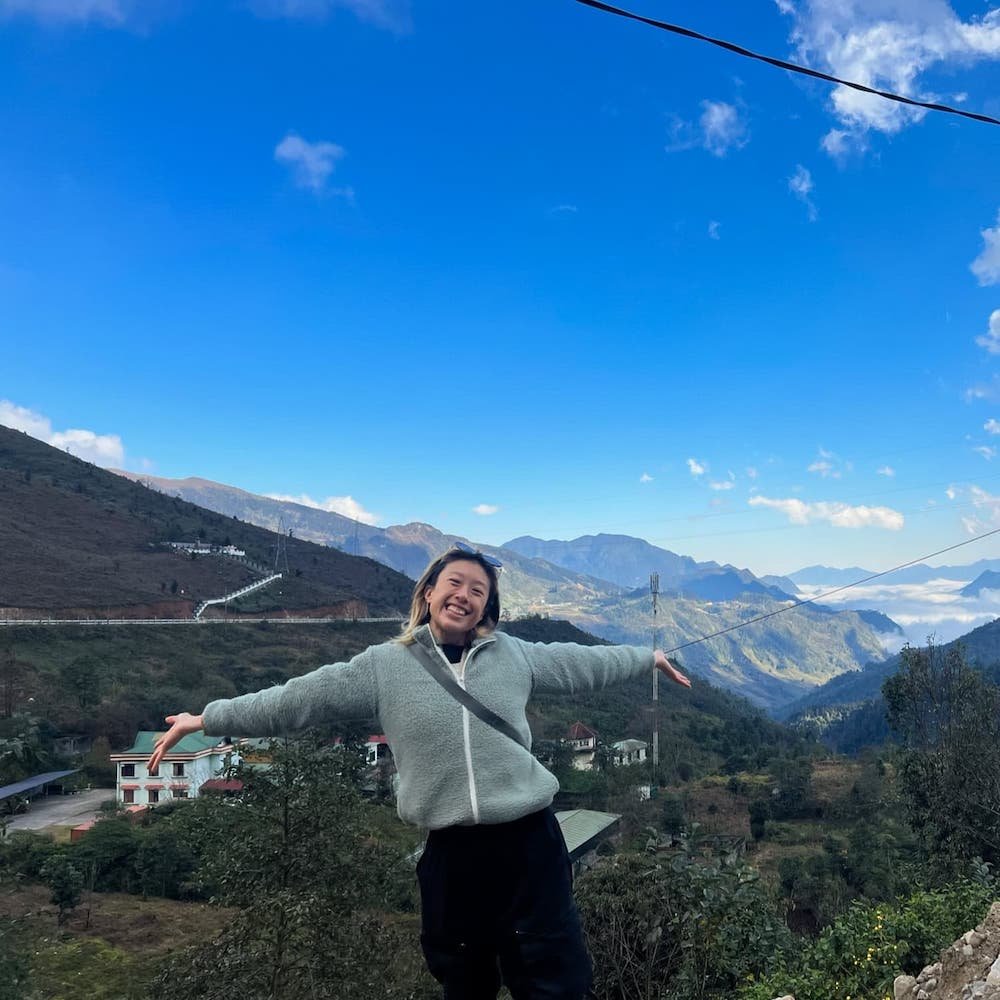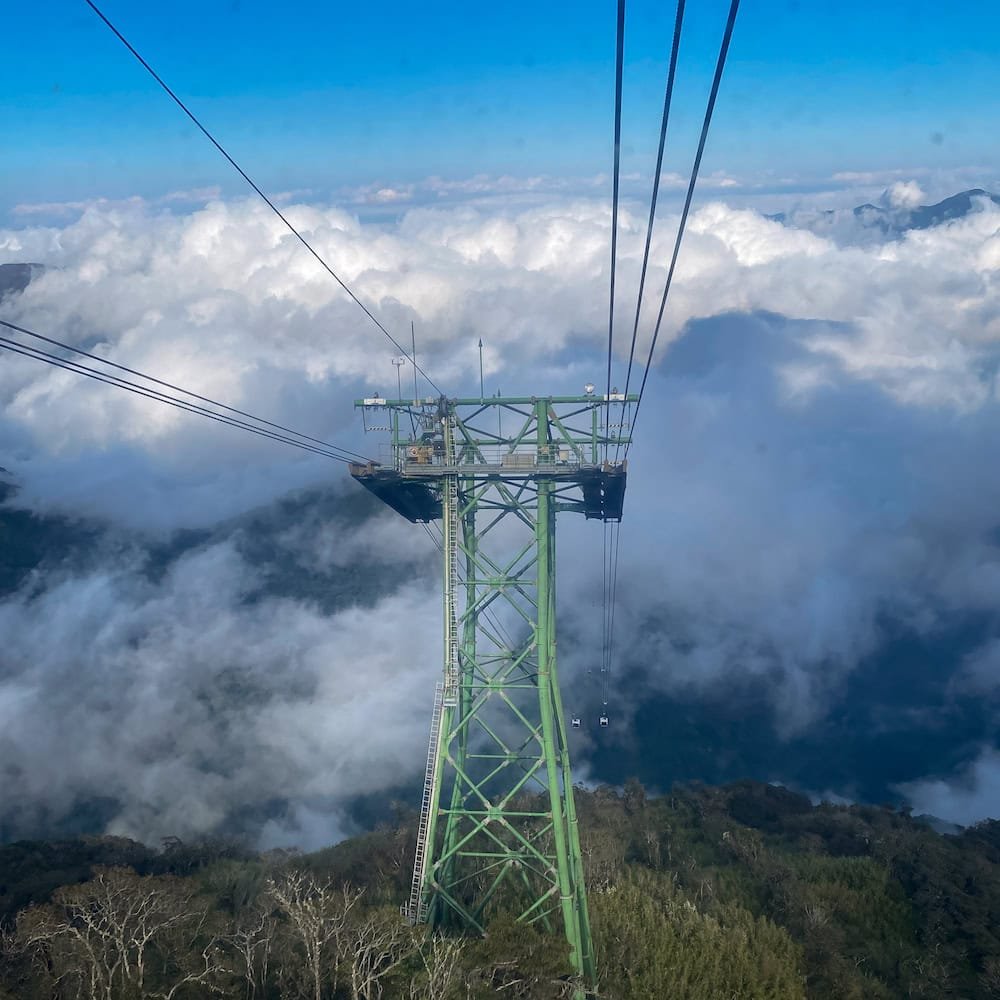Why Free Time Feels So Uncomfortable
Why do we say that we hate work and need time away from work, but continue to throw ourselves into more work when free time is presented? Lately, I’ve been thinking a lot about work-life balance and specifically, on why free time feels so uncomfortable.
A typical schedule for me looks like this:
8:30 am - wake up, check emails in bed
9:00 am - begin working for a digital marketing agency
10:00 am - scarf down breakfast and coffee as I continue to work
12:00 pm - lunch
12:30 pm - begin working on additional side gigs and paid projects
1:30 pm - snack and YouTube break
2:00 pm - continue designing websites, writing newsletters, or drafting editorial calendars
3:00 pm - afternoon walk
4:00 pm - perform mundane work-related tasks (invoicing, social media scheduling, time tracking)
6:00 pm - dinner & YouTube break
7:00 pm - begin working on my personal projects: alternating between engaging on social media, writing captions, editing photos, editing videos, shooting videos, etc
11:00 pm - yoga and work out
12:00 am - post & engage on social media (I sometimes skip this and go straight to sleep)
1:00 am - sleep
As you can tell, there’s very little that’s not oriented towards work.
I purposely stack my agenda so that every item is optimized for productivity. If it’s not something that will help me pay my bills or a side hustle that I’m hoping to supplement my income with, it’s something that I’ve deemed important enough for my *physical* wellbeing (eating food, exercising, etc).
But as I followed this schedule day in and day out for almost three years, I began to burn out. I broke down on a weekly basis and this eventually led me to question why I chose to live this way. After all, it’s not as if I couldn’t afford to cut some of this work out.
I took August to reflect and actively rest and ultimately, it led me to the conclusion that my propensity for overwork stems from fear and guilt.
For me, the privilege of leisure time is the ultimate freedom: to be in a safe and secure enough position to work a set number of hours (or not work at all) and to have excess time to pursue hobbies and connections that fall to the wayside when basic needs are not met.
However, if you look closely at it, the majority of people in the middle class and up already have some version of this privilege. But recognizing that triggers fear and guilt, which then leads to a rejection of that free time and into a repeated cycle of overwork.
Overwork -> Burnout -> Fear of Nonwork -> Overwork
This is because claiming your free time is scary; it asks you to take agency over your own life and to question everything that you’ve ever known about your way of living.
If you choose to work your way through life, that responsibility is on somebody else: it’s on society, it’s on the corporation, it’s on hustle culture. Alternatively, if you choose to spend your time leisurely and it doesn’t lead to what you envisioned, then ultimately, that’s on you; any failures and disappointments are solely yours to claim.
Simultaneously, there’s this conversation around guilt. A lot of us feel guilty when we have free time because it’s as if to have that free time and not use it for the betterment of society, means that you’re a bad human. If you choose to spend that free time selfishly for your own joy, rather than to use it to work on a project for the greater good, then you’re not taking advantage of the time, space, and opportunities that so many others are not given.
These negative emotions trigger a cycle of overwork and burnout, which serves nobody. To do our deepest work and to fully do impactful, meaningful, good work requires free time and by extension, active rest.
Free time and deep rest are absolutely necessary and they allow us to fully show up when we are at work.
After recognizing these motivators behind my tendency towards overwork, I’m slowly coming to the understanding that claiming my free time and using it to rest is in fact, not selfish. In actively committing to saying “no” to unproductive work, and “yes” to active rest, I can unselfishly commit myself to fully showing up for the meaningful projects that actually do make a difference.
A few acknowledgments in the discussion of this topic:
While fear and guilt are the primary motivators that lead to this cycle of overwork, I think it’s also important to acknowledge that all of this is operating against a backdrop of a larger capitalistic society in which human worth is tied in with productivity.
Additionally, to even be in a position to talk about this conversation is an extremely privileged one but I think that these conversations do need to happen and that is why I’m writing this article.










